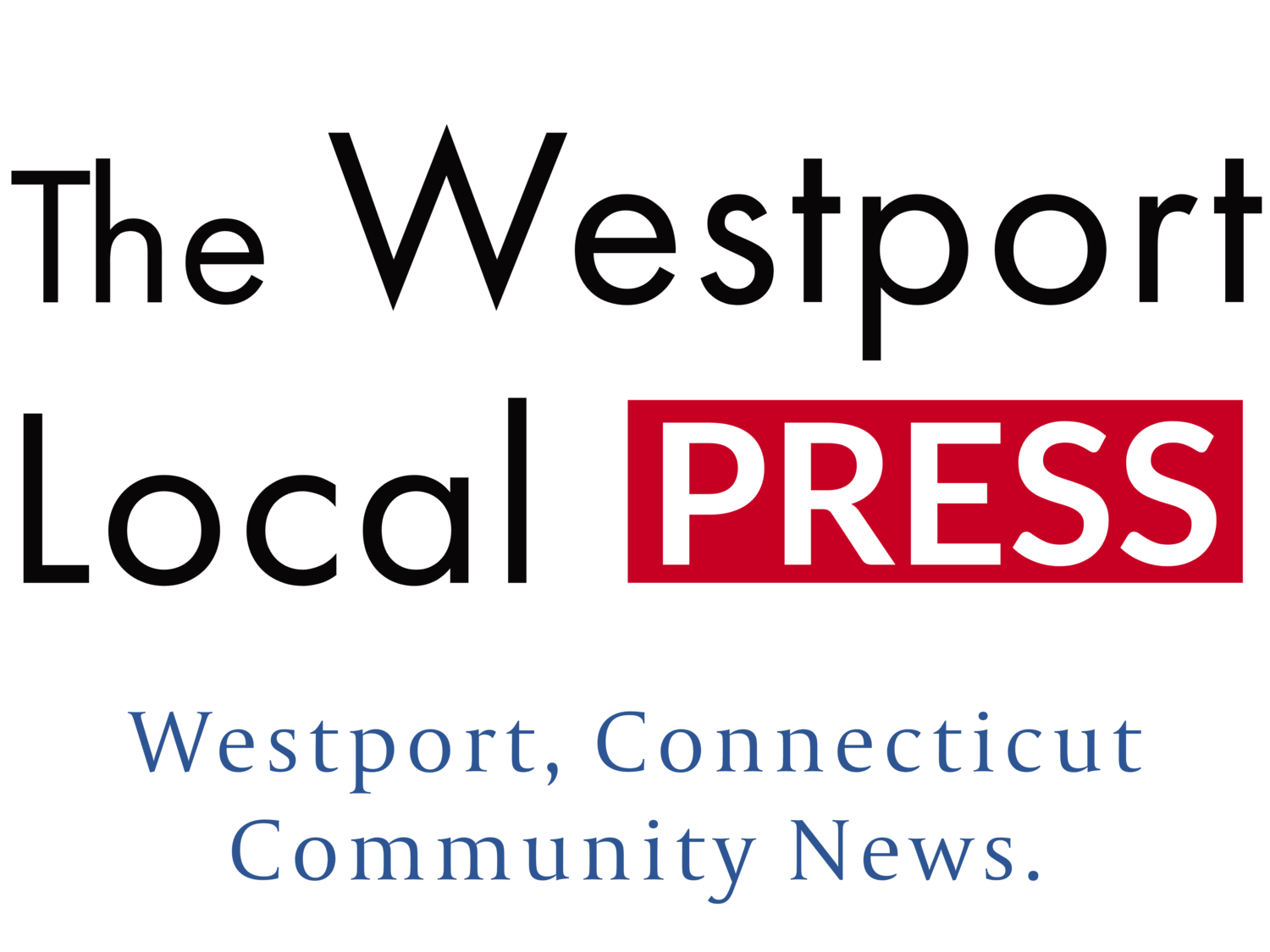Diana Jones Headlines Voice Cafe June 11th for Refugee Benefit
Voices Cafe Press Release:Award winning singer/songwriter Diana Jones will be at Westport’s Voices Café on Saturday evening June 11th, at 8:00pm, in-person and live streamed. Voices Café is located at The Unitarian Church in Westport, 10 Lyons Plains Road, Westport. Doors open at 7:30.
This concert is raising funds for the Connecticut Institute for Refugees and Immigrants’ (CIRI) Apartment Set Up Team who settle refugees in Fairfield County. CIRI has been settling refugees in Connecticut for 104 years. The Apartment Set Up Team began 7 years ago and is comprised of volunteers, primarily from 6 area faith communities.
Refugees arrive with just the clothes on their backs. They need housing and everything from a toothbrush, to pots and pans, to a bed. Funds raised by this concert will be used to purchase these items.
Over the past 6 months 72 volunteers have set up 41 apartments in Bridgeport and New Haven for 194 refugees. The value of the furniture and supplies donated and purchased, estimated at $48,000, is priceless to refugees.
David Vita, Director of Social Justice at The Unitarian Church in Westport said, “World Refugee Day (June 20), the recent surge of Afghan refugees, refugees arriving from countries like Ethiopia, Syria, and the Democratic Republic of the Congo, and the imminent arrival of Ukrainian refugees plus Diana Jones’ commitment to this cause made her the logical choice for Voices Café’s June performance.”
Diana Jones’ signature storytelling is at its best with her award-winning Song To A Refugee, reflecting deep empathy for, and common cause with the plight of refugees. Jones is known for giving voice to dispossessed people, and her voice will stay with you, “...at times haunting, at times heart-breaking, and always challenging”, says Down at the Crossroads.
Jones’s inspiration for Song To A Refugee came through a chance encounter with actress Emma Thompson in New York City, and at a time when Jones was recovering from a serious illness. Although her health was improving, artistically Diana felt at a loss. At the same time, Diana found the harsh reality of what was happening at the US-Mexican border particularly distressing; scenes of mothers separated from their children resonating with her own experience as an adopted child. After the chance meeting with Emma Thompson in a NYC park, Diana Jones was called out of her writer’s block. Says Jones, “for a lot of us there’s that one person we would love to meet and for me it was Emma… she was so kind and passionate, especially about the refugee crisis.”
Jones began to write the stories that she found so devastating, one voice at a time. “My own need to ‘re-humanize’ the people who were being dehumanized by governments resulted in a flood of songs,” says Jones. One of the album’s strengths is Jones’ ability to inhabit the characters about whom she is writing, from the woman walking miles to the US border carrying her child, to the young children separated from their parents fleeing their homeland, giving an immediacy to their stories while illuminating the more generic themes within.
Diana Jones has been a major literary voice in contemporary song since her 2006 breakthrough album, My Remembrance of You, which garnered rave reviews. This album set her on a path which would see her release four further critically acclaimed albums: Better Times Will Come (2009), High Atmosphere (2011), Museum Of Appalachia Recordings (2013) and Live In Concert (2016). She has toured the globe, including performances at Cambridge Folk Festival, Galway Arts Festival, Levon Helm’s Ramble in Woodstock, NY, and Bimhuis in Amsterdam, and shared stages with the likes of Richard Thompson, Janis Ian and Mary Gauthier.
Jones’ progressive, yet historically rich, songs have been recorded by artists including Joan Baez and Gretchen Peters and have won her awards from Kerrville New Folk Festival, New Song Festival and nominations from International Folk Alliance.
She is rooted in the Appalachian traditions of her birth family and has proven unusually adept at distilling complicated cultural forces down to a particular person in a particular time and place. When Jones was reunited with her birth family in her twenties, she spent time with her Tennessee grandfather. “I decided to throw out my previous songs,” she says, “and go to the woods and ask my grandfather and my ancestors for help.” That decision yielded such powerful songs as “Pretty Girl” and “Pony”, which came from a story told by her grandfather about children removed from their families to go to Indian Schools.
With Song To A Refugee, Jones continues to give voice to the dispossessed, and bring awareness to social justice issues, taking her place in the lineage of Woody Guthrie and Pete Seeger. “I believe we all want to get involved and give each other hope,” Jones says, “how can any of us look away?”. Don’t miss this opportunity to see Diana Jones, and support arriving refugees settling in our area. https://www.dianajonesmusic.com/


